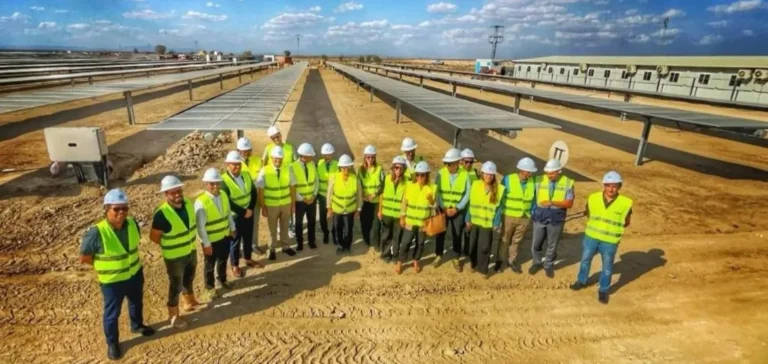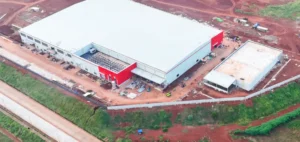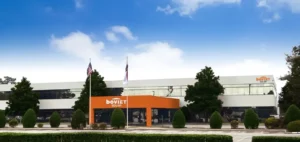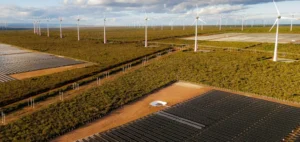Emirati group AMEA Power has confirmed major progress on its solar plant in Kairouan, Tunisia, with the project now 82% complete. Launched in May 2024, the facility is expected to deliver 222 GWh of electricity annually to the national grid, equivalent to the consumption of 43,000 households. The plant, developed under a Build-Own-Operate model, is operated by local subsidiary Kairouan Solar Plant.
Structured financing led by multilateral institutions
The project is backed by $86mn in financing from the International Finance Corporation (IFC) and the African Development Bank (AfDB). A 20-year power purchase agreement signed with the Société tunisienne de l’électricité et du gaz (STEG) guarantees integration of the output into the national electricity system.
Commercial operations are set to begin before the end of the year. The expected generation will help avoid 117,000 tonnes of carbon dioxide annually, in a country where energy security remains a structural concern for both the government and investors.
Second 200 MW project underway in Tataouine
In parallel, AMEA Power is expanding in Tunisia with a second 200 MW photovoltaic project in Tataouine. Related contracts were signed in May 2024. The plant is projected to generate around 552,000 MWh annually and meet the needs of over 102,000 households.
The Tataouine plant, expected to avoid nearly 280,800 tonnes of CO₂ emissions per year, forms part of a national programme to strengthen independent electricity production. Tunisian authorities aim for 35% renewables in the power mix by 2030, targeting 8,530 MW in installed capacity.
A changing market for private operators
AMEA Power’s projects reflect Tunisia’s growing efforts to attract foreign investment in the energy sector. The national strategy includes a planned 46% cut in energy-related emissions by 2035, with a long-term goal of carbon neutrality by 2050.
In this context, partnerships with private players offer a lever for diversifying the energy mix and addressing supply constraints, particularly in inland regions. The rapid advancement of the Kairouan site underscores the importance of contract stability and access to financing in delivering large-scale infrastructure.






















